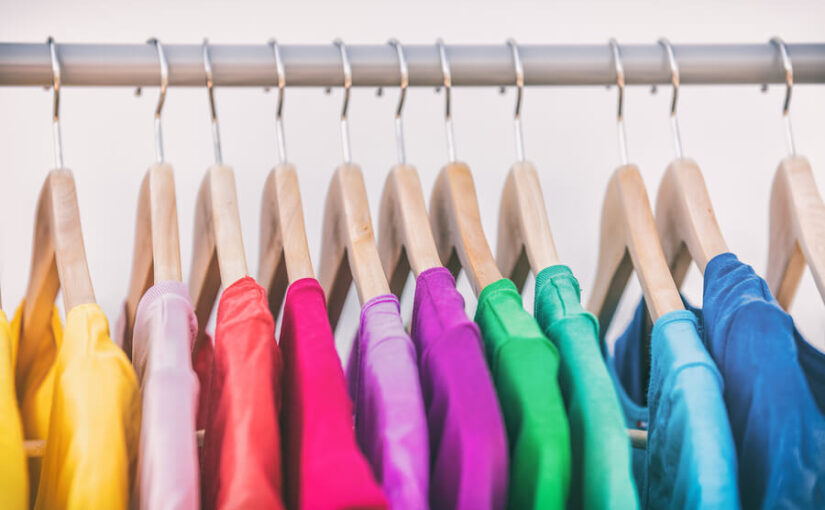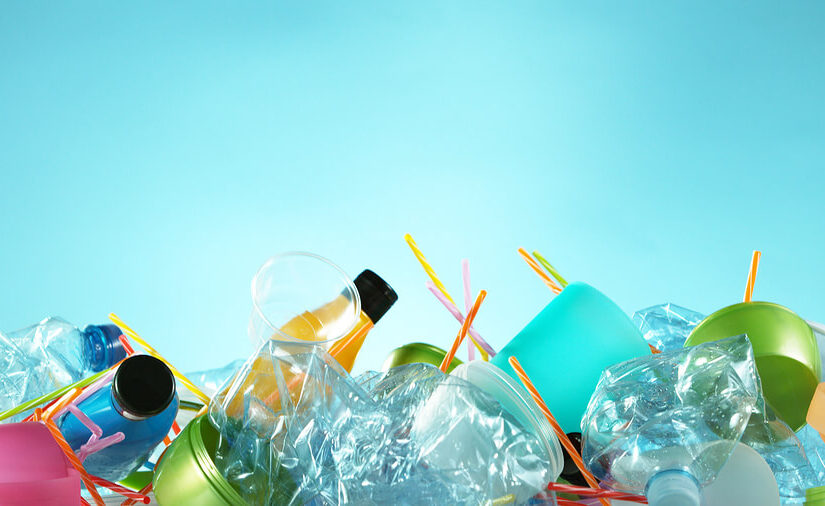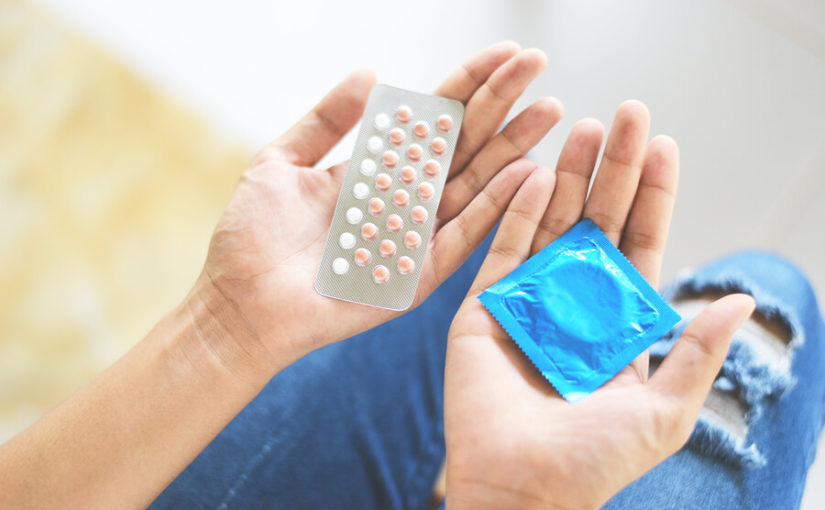Creating a sustainable wardrobe can be a bit of a daunting task. If you’re used to wearing designer brands, and not really thinking about what you’re buying, this could be quite a challenging thing to do! However, it is worth it.
Continue reading How to create a sustainable wardrobeMonth: June 2020
How to eliminate single-use plastic from the kitchen
Plastic is polluting the environment every day. As well as on land, plastic is in the sea and causing more harm than ever. In fact, at least eight million pieces of plastic are entering the oceans every day.
You may be wondering how so much plastic is entering the oceans. Two-thirds of plastic comes straight from land-based sources, such as litter left on the beach or washed down the drains from rubbish dropped in towns and cities.
The amount of plastic in the oceans currently stands at a shocking 51 trillion microscopic pieces of plastic, which weighs 269,000 tonnes (equivalent to 1,345 adult blue whales). As well as harming our environment, wildlife is greatly affected. Fish, seabirds, dolphins, and seals face injuries and are at the risk of dying from being entangled in plastic or mistaking it for food.
Continue reading How to eliminate single-use plastic from the kitchenAn eco-friendly guide to birth control
When it comes to birth control, the only 100 percent reliable method is abstinence.
However, if you are wanting to enjoy a healthy sex life that doesn’t result in you bringing new life into the world, then you’ll want to choose one or more alternative methods of birth control.
There are around 15 types of contraception available in the UK, with some being more eco-friendly than others.
In this article, we’ll take a look at birth control, outline the most popular options, and explore how green each of those is or has the potential to be.
Continue reading An eco-friendly guide to birth control

